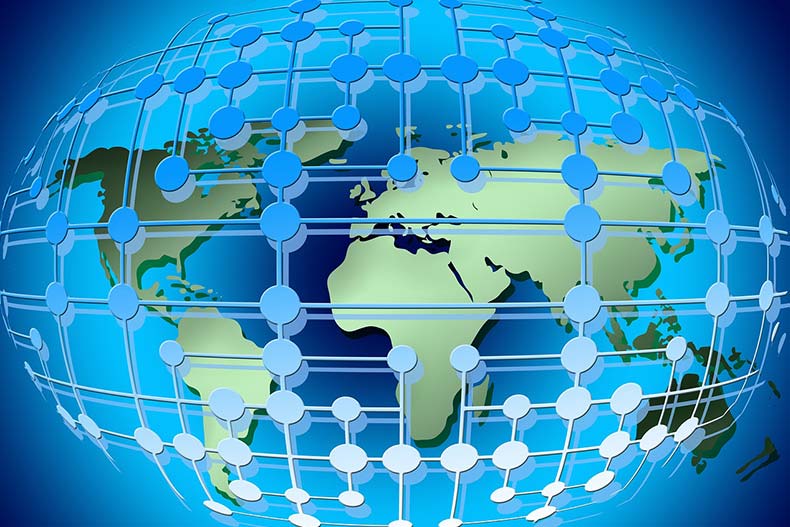Technology plays an important role in the future of our security in this day and age. In fact, the industry of security development is expected to provide more tailored customer solutions which are important for consumers. With increased cost consciousness, security companies are required to be innovative, efficient, and well-managed.

Certain Factors That Drive Demand
Real and perceived risks are more significantly projected to be managed by senior managers in the fast-growing, complex business arenas across the globe.
More technologically mature consumers along with new and more affordable equipment increased digitization, and rapidly developing artificial intelligence and Internet of Things are changing and expanding the offerings and product mix demands available in the security commerce.
Transparency and sustainability are also expected to rise by stakeholders and customers. The more advanced the technologies today, the tighter security there will be in the next years to come.
Samples of Cutting-Edge Technologies for Ultimate Data Security
Firewalls and antivirus are no longer a thing today. The systems securing data and networks for companies today mostly rely on technology. Attackers get around data security of companies and organizations by fooling employees to execute codes and exploit Third Party systems to breach essential information. Technology and awareness are vital in keeping your company’s data safe. If you are interested in making you and your employees updated of the training and courses needed to avoid cyber attacks, read more.
Here are some of the possibilities that can prove how new technologies can improve the future of security.
Computer Chips Being Turned to DUST
Researchers have successfully worked to create a specific computer chip which can self-destruct. It could serve as a basis to ensure security and privacy of all sensitive information on various devices.
The computer chip is the outcome of the researcher’s efforts to create something that can be useful on the battlefield with the option to destroy it remotely in order to avoid capture.
It’s part of the Disintegration Upon Stress Release Trigger or DUST technology which constructs electronics on thin layers of silicon secured on tempered glasses. Due to the fast cooling process, its glass material has a great amount of stress.
Deceptive Networks for Trapping Attackers
The usual goal of attackers for penetrating private networks is to collect data and find other computer units that are possible to infiltrate. Deceptive network technologies are designed to confuse attackers when searching for valuable information. At the same time, they alert companies when there’s an unwanted guest.
The technology puts booby-trapped file or extra network device such as a faux server in existing systems to prevent hacking. It wastes the time of perpetrators while informing the company about an attack.
Encryption to Secure Data
It’s important to focus on securing the systems and the data. Encryption is a common strategy to secure data but is tough to manage. Companies need to determine their most essential information, encrypt it, then understand how to prevent unauthorized access to such data.
Data access control is a crucial thing for businesses and organizations. Companies need to retain control and manage who decrypts their data, what to do with the information, and under what conditions. It’s all about the efficient handling of data to prevent any hackers from accessing valuable content.











